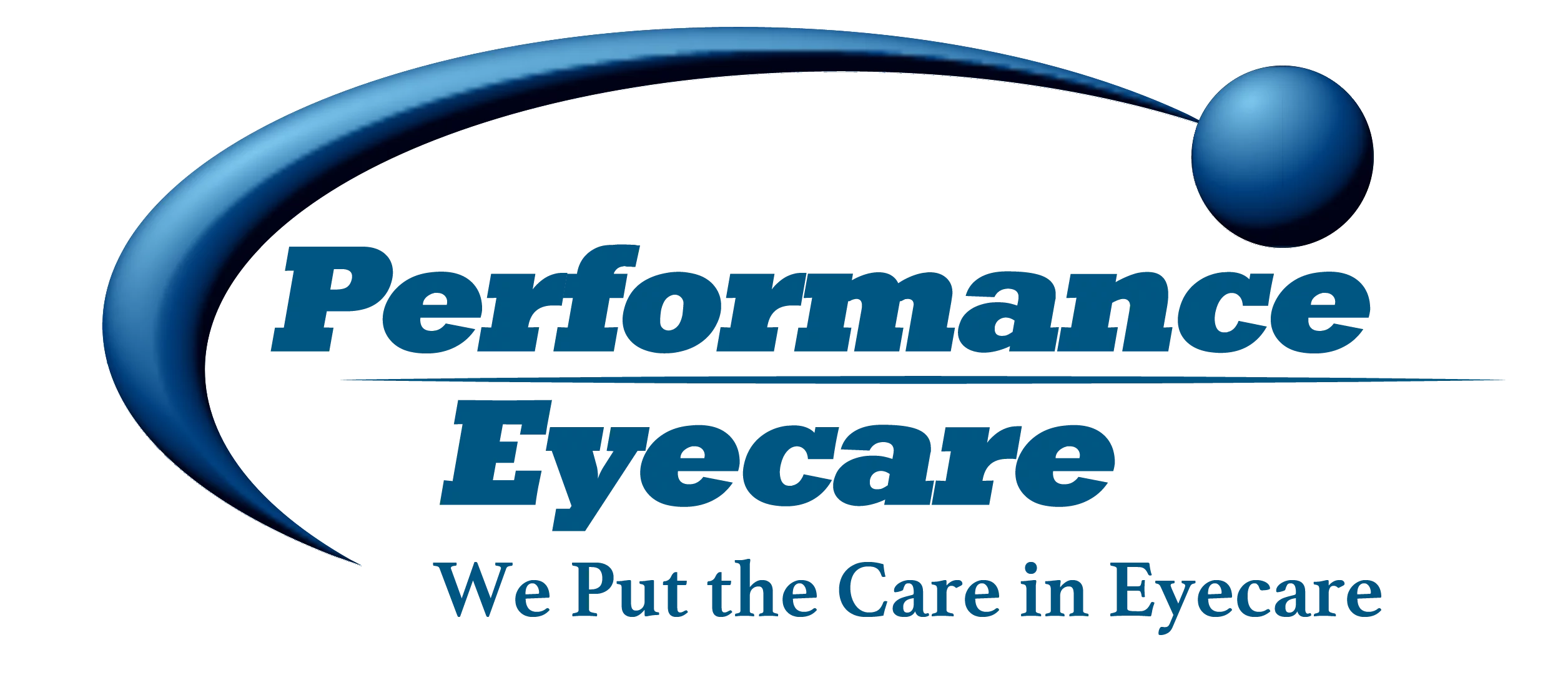We Answer Common Questions Our Patients Have About Contact Lenses
Q: How can I be certain that I can wear contact lenses? A: We can assure you if you are a great candidate for contact lenses, especially with the advanced technology that our office utilizes. For example, did you know there are bifocal contact lenses for those with presbyopia and lenses for our patients who … Read more
